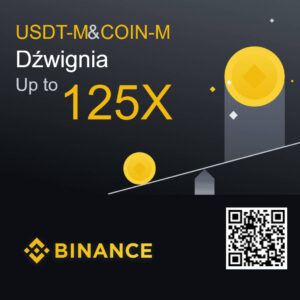Rate Qtum 0,982000 USDT
Change (24h): 0,00%
Calculator QTUM / USDT
How is 1 Qtum?
| QTUM | 0 USDT | |
| USDT | 0 QTUM |
Team
- No data
Another prices
- AVAX 7.72 EUR 1,31%
- TRX 0.00000414 BTC 3,50%
- BCP 0.0185 PLN 0,00%
- QSP 0.00000076 BTC inf%
- SUN 0.000711 BTC 0,00%
- AAVEDO 0.01079 USDT inf%
- OMG 0.383 USDT 0,00%
- DCR 0.0002185 BTC 0,00%
Do you know how buy Qtum?
Description
Do you have account on KryptoBot?



